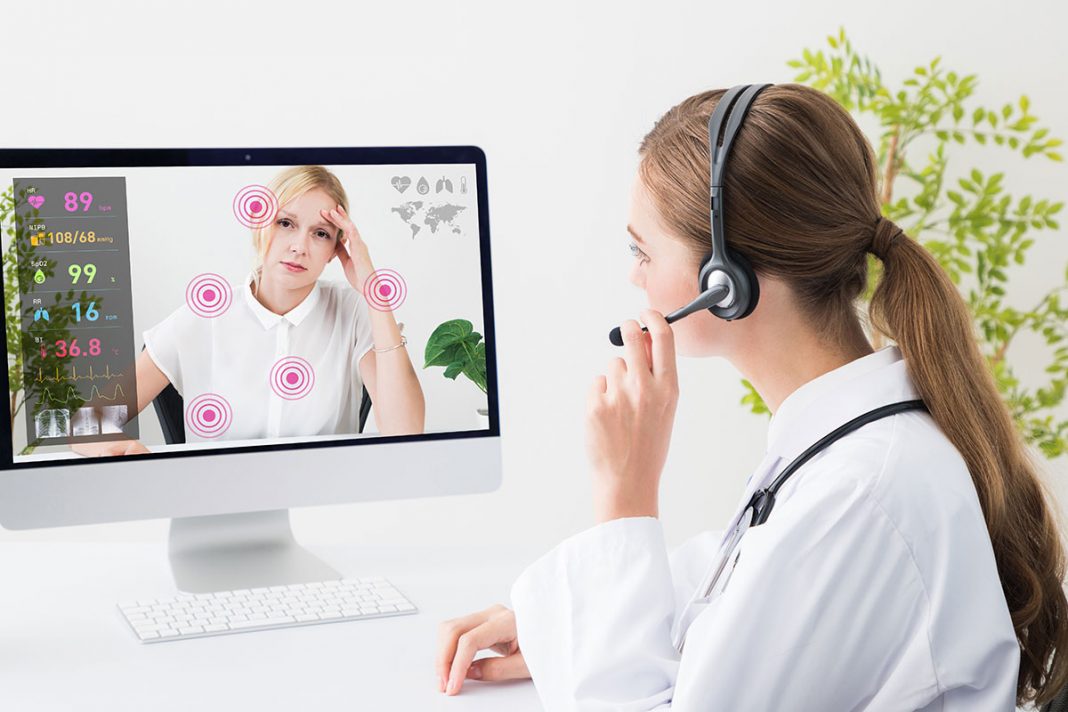Since COVID-19 emerged almost a year ago, many Americans have, and still are, delaying essential healthcare services due to fears around contracting the virus. With the original strain of the virus being extremely transmittable, and new variants proving to be even more so, it makes sense that many are delaying these services out of anxiety until they become vaccinated or herd immunity is achieved. Additionally, a significant downturn in employment across the country, according to Pew Research, has left one-in-four Americans unable to pay their bills. As a result, many have had to forgo their health insurance.
The implications of this lack of access to healthcare stretch much further than just preventative care. A number of low-income individuals have avoided getting tested for COVID-19 due to fears around not being able to afford to take time off work if they develop a mild infection, or afford care in the event that they develop a serious infection. With low-income earners being the most affected financially throughout the pandemic – 46 percent have reported being unable to pay their bills as a result – this is understandable as a visit to the ER could mean bankruptcy. Unfortunately, and as we’ve seen, this status quo spells disaster in terms of wider public health.
Luckily, a number of telehealth providers have emerged since the pandemic began, and they’ve been embraced with open arms. In fact, the use of these services has skyrocketed more than 4000 percent over the course of the crisis. This is due to a loosening of government regulations which have enabled telehealth practices to provide more comprehensive care. These providers blend affordability and convenience with lower cost monthly subscriptions and customer-operated booking platforms that negate patient anxiety around contracting the virus almost entirely. While telehealth is fantastic for prescription refills or initial concern consultations, these providers are limited in terms of the scope of care a doctor can provide. For those who can’t afford to visit a doctor in-person for follow-up care , the next steps are usually where treatment is delayed or avoided entirely.
To address this, Prad Sekar, CEO at Skylight Health (TXSV:SHG) (OTCQX: SHGFF) is taking the concept of accessible and affordable telehealth services a step further by blending the accessibility of telehealth services with the comprehensive care capabilities of in-person clinics, priced affordably and on a subscription-based model to ensure the underinsured and uninsured are able to access healthcare throughout – and beyond – the pandemic.

“The structure of the US healthcare market continues to leave tens of millions of Americans uninsured or underinsured,” says Prad Sekar, CEO of Skylight Health. “Having access to affordable, quality healthcare is not a reality for so much of the population and we are working to close those gaps and ensure everyone can acquire cost-effective care for themselves and their family. Skylight Health has a network of more than 30 primary care and specialty clinics, more than 50 healthcare providers, and robust telemedicine technology. With this foundation we can disrupt the market and serve otherwise underserved communities in such a way that it removes the financial burden from the patient and increases access to both primary care and specialty services.”
With their recent acquisition of six new clinics in Florida, Skylight Health’s blend of bricks-and-mortar and telehealth services has expanded and is now available across 16 states. Their urgent care plan offers subscribers not only the convenience of unlimited telehealth consultations, but also unlimited visits to their clinics at a low yearly cost. This means that users can both speak to a doctor via telehealth about their healthcare concerns, and attend a clinic for in-person testing or treatment where further care is required within the same subscription. At under $200 annually, the service costs just a fraction of the average cost of health insurance which, in 2020, sat at $456 per month for individuals and $1,152 per month for families.
In addition to their low cost subscription-based telehealth and urgent care services, Skylight Health, in partnership with United Networks of America, or UNA, offers members savings on their prescriptions via their discount drug program via a QR code virtual membership card. This discount drug program has over 72,000 participating pharmacies across the United States that enables members to save up to 80 percent off the cost of generic prescription drugs, while also offering savings on brand name medications.
“While we are doing our part to ensure that healthcare becomes a basic human right in a market that has traditionally seen a major disparity in access to care, we recognize that access to care goes beyond just the patient and physician relationship,” says Sekar. “It is about how patients can access much needed medication, tests and other services. As we expand with UNA, we look forward to bringing more solutions to help our members access the care they need, no matter what their financial situation looks like.”












